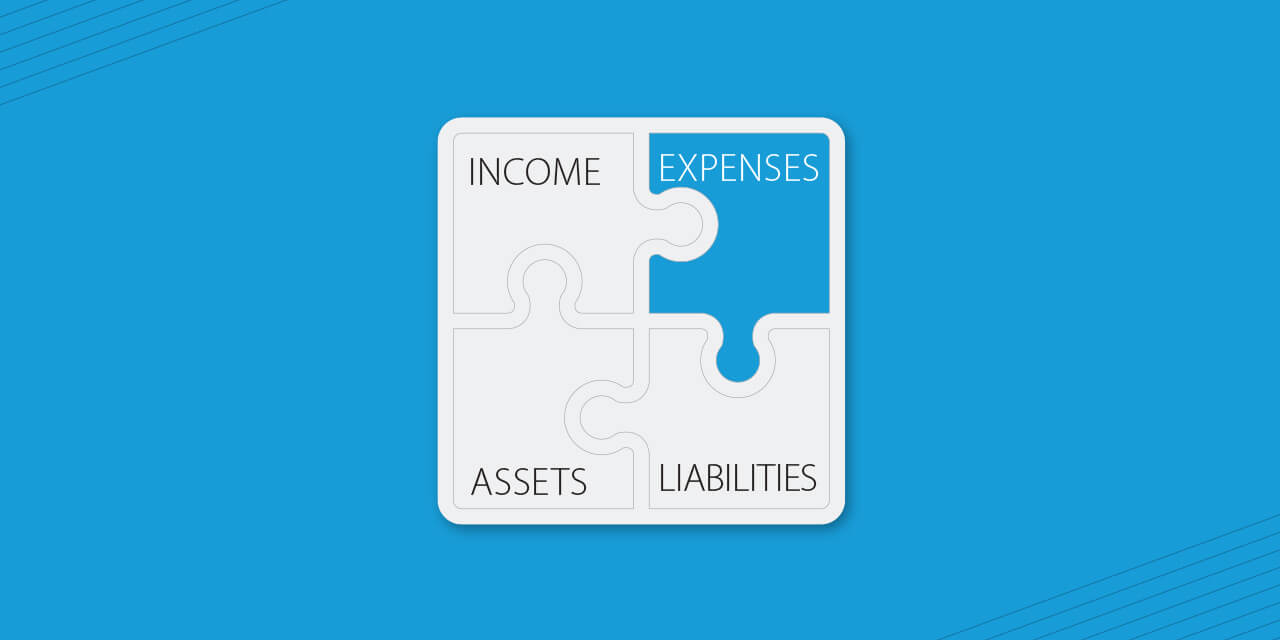
Retirement Guide for Women
Everything You Need To Know To Retire
Understanding Your Wealth: Liabilities
Liabilities are your debts – anything you owe. It can be in the form of a loan (like for a mortgage) or a line of credit (like credit cards), and it can have an interest rate that’s fixed (unchanging) or variable (goes up and down based on the current federal funds rate). While some debt is considered to be better than others (think $20,000 in student loan debt to advance your career vs. $20,000 in credit card debt), it all has to get paid off sooner or later – and ideally before retirement, while you still have income to service it.
Mortgages
A mortgage is often the largest debt people carry leading up and into retirement, and many try to time their last payment with their entry into retirement to free up cash flow. After all, it’s a lot easier to stretch your retirement income and assets if you can remove that hefty monthly payment, plus owning a mortgage tends to not carry the same tax benefits as it used to.
That said, while a mortgage is often the largest debt people have in retirement, it also tends to be the cheapest in terms of interest. If the cash you’re using to pay off a mortgage can be used more productively (like paying off more expensive credit card debt) or would require a distribution that increases your taxable income, you might be better served keeping your mortgage even into retirement.
As you weigh the pros and cons, be sure to also consider how you feel about debt more broadly. For some, having that burden lifted as they enter retirement is worth missing out on any potential financial benefits. It comes down to what gives you the most peace of mind.
Reverse Mortgages
You might have seen late-night advertisements for reverse mortgages and wondered if they were legitimate. They are – but they’re not for everyone.
A reverse mortgage is an option for anyone over the age of 62 who owns their own home. It essentially lets you take out a loan against the equity in your home – a loan you don’t have to repay during your lifetime so long as you live in your home and don’t sell it. When the homeowner dies or moves out, the homeowner or heirs can refinance the loan or sell the home to pay it off, or the lender can sell the home to settle the loan balance.
In some cases, a reverse mortgage can be a useful tool in retirement, such as if you have extensive credit card debt. But there are significant risks that must be considered:
- With a reverse mortgage, your debt increases over time due to the interest on the loan.
- There are substantial costs involved, such as loan origination and interest payments.
- If you need to move out of the house quickly (such as due to health reasons), your property could be sold to pay off the loan.
If not handled carefully, a reverse mortgage can have major repercussions on your finances and what you leave to your heirs. Before considering this option, it’s worth having a conversation with your Baird Financial Advisor and estate planning team.
Non-Mortgage Debt
Owning debt isn’t necessarily a bad thing – without it first homes aren’t financed, businesses aren’t started, cars aren’t purchased (and so jobs aren’t driven to). If not managed carefully and appropriately, though, it can lead to financial ruin – sometimes quickly. This is especially true in retirement, when you likely have less income to service it.
It’s a lot easier to enter retirement confidently and enjoying meaningful experiences if you’re not burdened by debt (particularly debt incurred to purchase assets that depreciate over time – think credit cards and car loans). Here are some tips to reduce your debt burden both leading up to retirement and once you’re retired.
Make a plan. There are lots of ways to pay down debt, from the “snowball method” to the “avalanche method” to contacting lenders directly. Even if retirement is only a few years away, you can make a lot of progress in a short amount of time – but the sooner you get started, the better.
Pay attention to the percentages. All else being equal, debt with higher interest rates costs you the most in interest. There’s no point in paying extra on a mortgage of 3% if you have credit card debt of 18%.
Don’t forget about retirement savings. As much as you might want to own your house free and clear, it might make sense contributing more to an IRA earning 7% than paying down a mortgage on a 3% interest rate.
Account for debt in your retirement budget . Entering retirement debt-free would be nice, but that’s not always feasible. Make sure your budget considers both servicing that debt and how to keep your monthly spending from contributing to it. Ideally, you want to be at a point where you use credit cards strictly for convenience, not out of necessity.
Explore paying it down with retirement savings. Depending on where you find yourself in retirement, it might be worthwhile to pay off debt with your retirement funds. There will likely be tax consequences from the distribution – plus it’s essential you don’t see an untapped credit limit as an opportunity to spend more – but it could make sense in some cases.
Try to avoid leaving debt to your heirs. The laws vary by state, but typically your debts don’t die with you – your estate would be responsible for prioritizing them ahead of your heirs. That’s a legacy you don’t want to be remembered for.
Baird's Retirement Guide for Women:
NEXT: Understanding Your Wealth: Expenses >>
Explore the Rest of the Guide:
Build Confidence in Retirement >>
How We Got Here >>
Understanding Your Wealth: Assets >>
Understanding Your Wealth: Income >>
Understanding Your Wealth: Liabilities
Understanding Your Wealth: Expenses >>
Where We Go from Here >>
